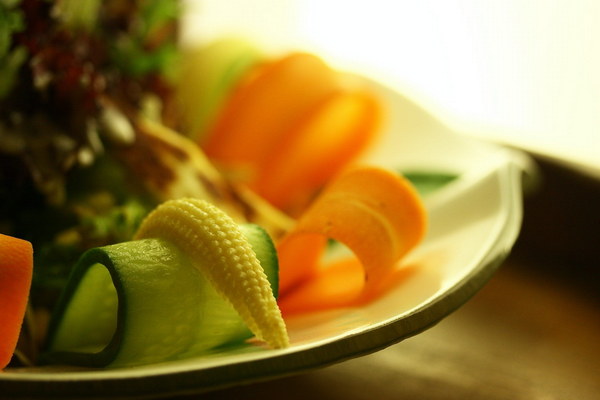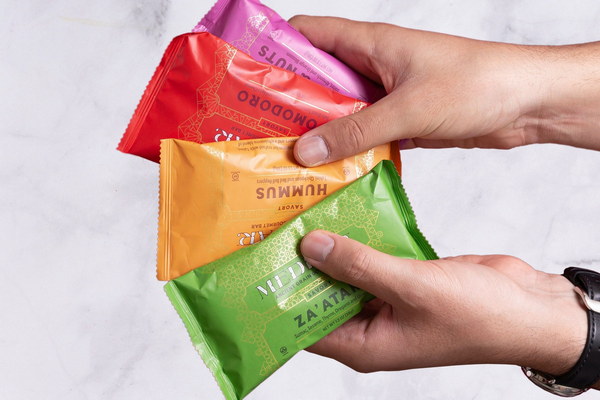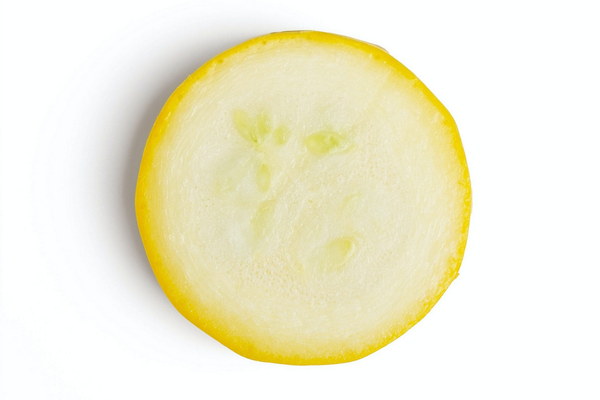PostStroke Nourishing and Protecting the Kidneys for a Healthier Recovery
Post-stroke recovery is a challenging process that requires a holistic approach to ensure a full and healthy recovery. One critical aspect of post-stroke care is the nourishment and protection of the kidneys. The kidneys play a vital role in filtering waste products from the blood and maintaining electrolyte balance, which is essential for overall health and recovery. Here are some tips on how to support kidney health after a stroke.
1. Maintain a balanced diet
A well-balanced diet can significantly contribute to kidney health. Include a variety of fruits, vegetables, whole grains, lean proteins, and healthy fats in your diet. Some specific foods that can help support kidney function include:
- Leafy green vegetables (spinach, kale, Swiss chard)
- Berries (strawberries, blueberries, raspberries)
- Nuts and seeds (walnuts, almonds, chia seeds)
- Lean proteins (chicken, turkey, fish, tofu)
- Healthy fats (avocado, olive oil, flaxseeds)
2. Stay hydrated
Proper hydration is crucial for kidney function. Drinking plenty of water helps flush out waste products from the body, which reduces the risk of kidney stones and other kidney-related issues. Aim to drink at least 8 glasses of water per day, or more if you are active or in a warm climate.
3. Limit salt intake
Excess salt can increase blood pressure, which can strain the kidneys. Reduce your salt intake by avoiding processed foods, using herbs and spices to flavor your meals instead of salt, and choosing low-sodium versions of condiments and seasonings.
4. Manage blood pressure
High blood pressure is a leading cause of kidney damage. Work with your healthcare provider to manage your blood pressure through medication, lifestyle changes, and regular monitoring. Keeping your blood pressure within a healthy range can help protect your kidneys.
5. Control blood sugar levels

Diabetes is another major cause of kidney damage. If you have diabetes, work with your healthcare provider to manage your blood sugar levels through diet, exercise, and medication. Keeping your blood sugar under control can help protect your kidneys.
6. Exercise regularly
Regular physical activity can help maintain healthy blood pressure, weight, and blood sugar levels, all of which are important for kidney health. Aim for at least 150 minutes of moderate-intensity aerobic exercise per week, along with strength training exercises twice a week.
7. Manage stress
Chronic stress can contribute to high blood pressure and other health issues that can harm the kidneys. Find healthy ways to manage stress, such as mindfulness, meditation, or engaging in hobbies you enjoy.
8. Monitor kidney function
Regular blood tests can help monitor your kidney function and detect any potential issues early. Work with your healthcare provider to establish a monitoring schedule that is right for you.
In conclusion, nourishing and protecting the kidneys is an essential part of post-stroke recovery. By following these tips, you can support your kidney health and increase your chances of a successful recovery. Remember to work closely with your healthcare provider to tailor these recommendations to your specific needs and circumstances.









